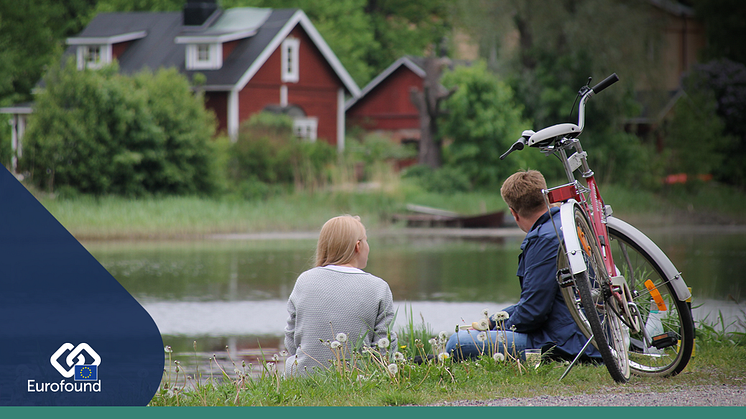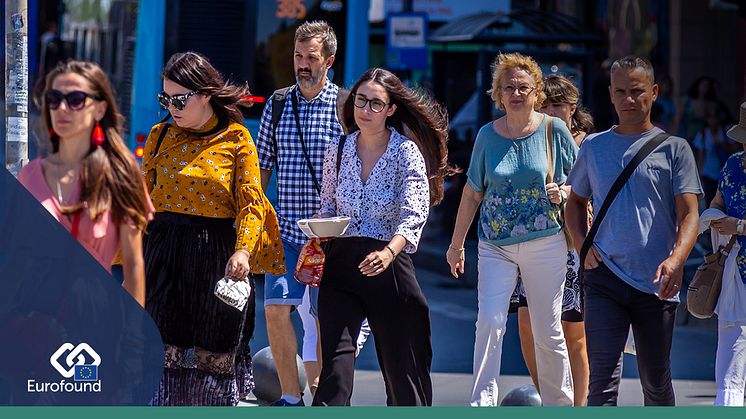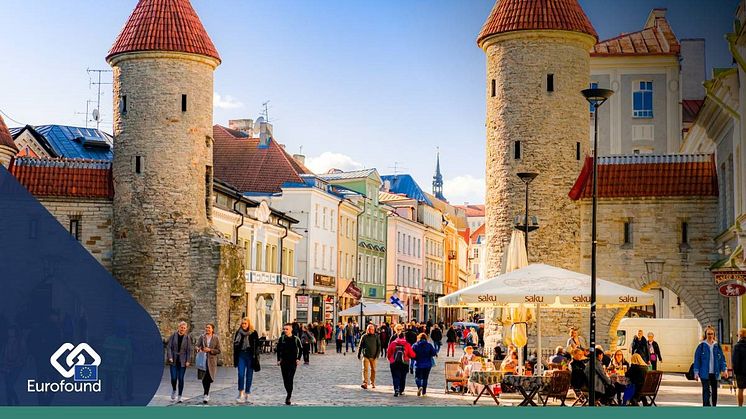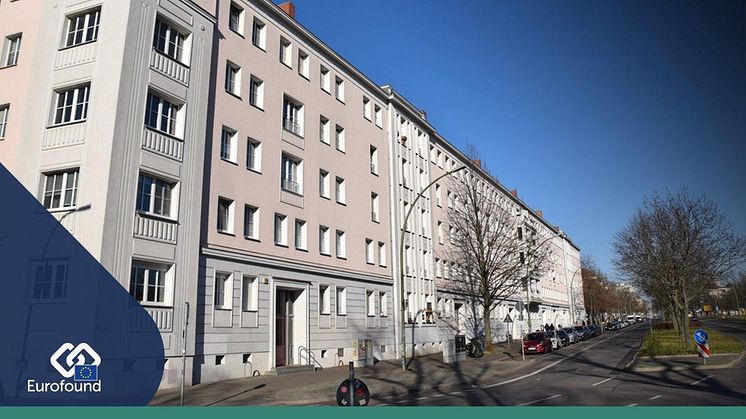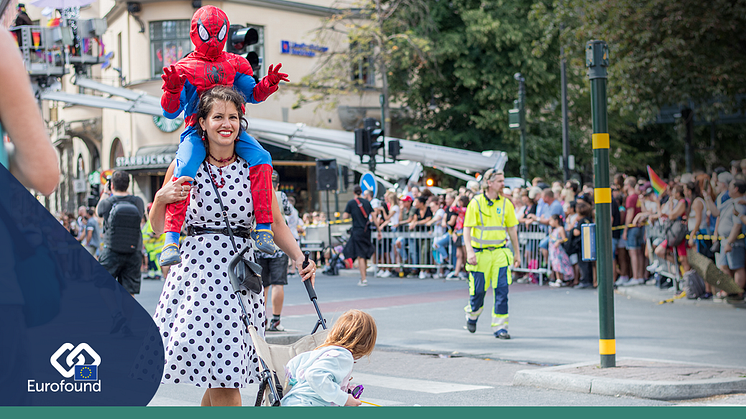
News -
Composition of households changing in Bulgaria as living standards improve
Bulgaria has experienced seismic shifts in typical household composition over the last decade; reporting the largest decrease in the proportion of multigenerational households in the EU, as well as increasing levels of cohabitation and people living alone. These societal trends occur at the same time as improving quality of living standards, higher labour market participation rates and population ageing.
A recent analysis by Eurofound, examining household composition and well-being in the EU, shows that the proportion of multigenerational households in Bulgaria has decreased by 8% over the last decade – with levels still remaining high compared to EU averages at 76% – but against an EU-wide trend of stable and increasing levels of multigenerational living. The analysis indicates that, on average, living in a multigenerational household is associated with lower life satisfaction for both parents and grandparents. It also notes that children in multigenerational households are less satisfied with their lives, particularly in countries where it is common, such as in Bulgaria with 34% of teenagers living with a least one grandparent in 2014.
The report suggests reasons for multigenerational living situations include a range of factors, such as financial insecurity, housing issues and care responsibilities – with over half of grandparents in multigenerational households caring for grandchildren every day. The decrease in multigenerational households may be linked to increasing prosperity, with the share of population in Bulgaria struggling to make ends meet dropping substantially; from 90% in 2003 to reach 63% in 2016, as shown in the European Quality of Life Survey. This may be a consequence of an increasing labour market participation rate, which has climbed from 67.1% in 2012 to 71.5% in 2018. There was also a recorded increase in average wages during this timeframe.
As the share of multigenerational households has decreased, there has simultaneously been a considerable increase to the proportion of population living alone in Bulgaria, growing at one of the highest rates (7%) in the EU over the last decade. The report highlights that single-person households more often suffer from social exclusion and heating deprivation, when compared to multi-person households, with 56% of Bulgarians who live alone being unable to keep their home warm. The report identifies that people aged 65 and over are more likely to live alone, with women making up a larger proportion of this category.
As living standards have improved in Bulgaria, with life satisfaction and happiness levels climbing to approach EU averages, and optimism for the future exceeding the EU average, the composition of households has changed significantly. The increasing labour market participation rate has gone hand-in-hand with decreases to the share of population living in multigenerational households, and conversely, significant increases to shares of population cohabitating and living alone.
Eurofound has been monitoring and reporting on living and working conditions in Bulgaria, in comparison to other EU Member States, since before accession to the EU in 2007.
Read more:
Publication: Household composition and well-being
Publication: European Quality of Life Survey


